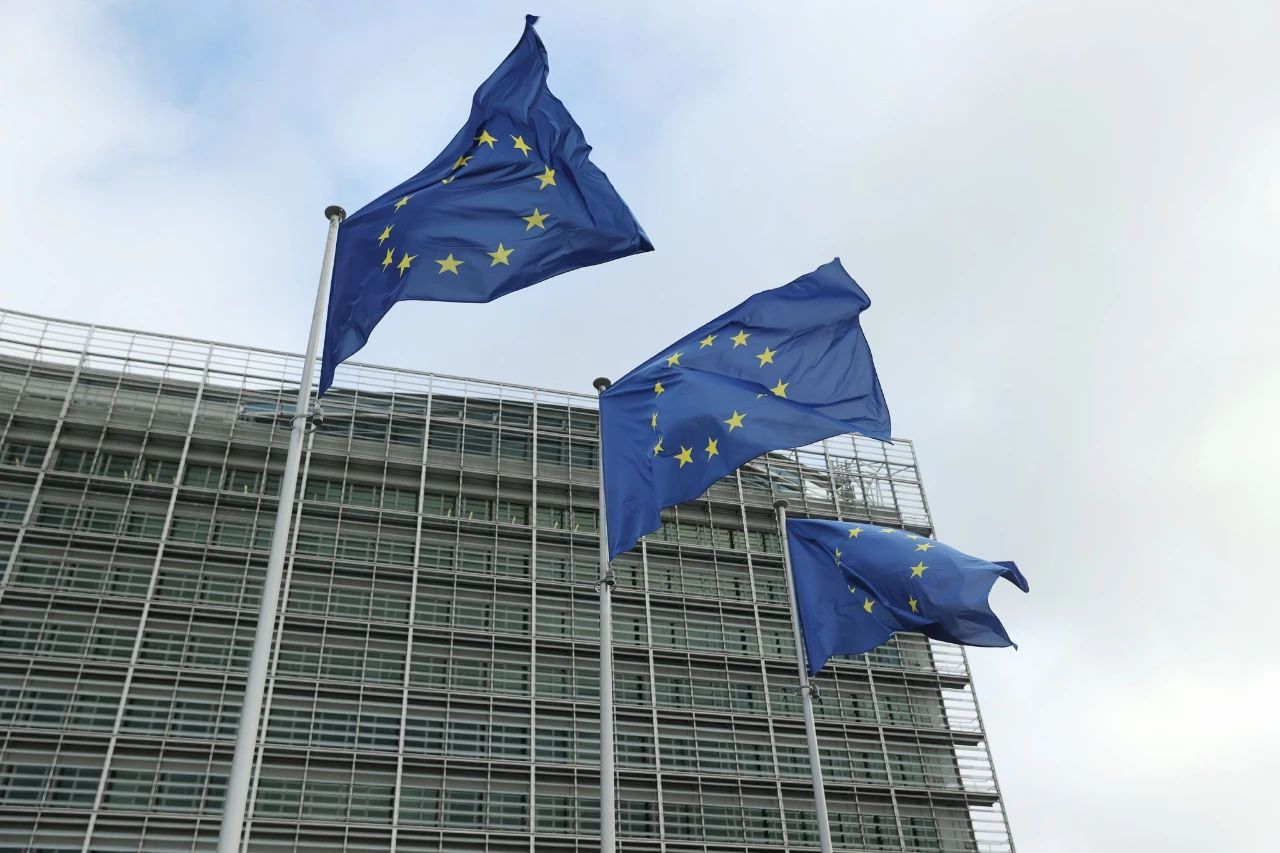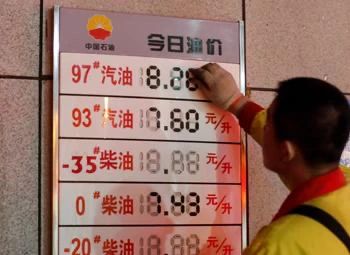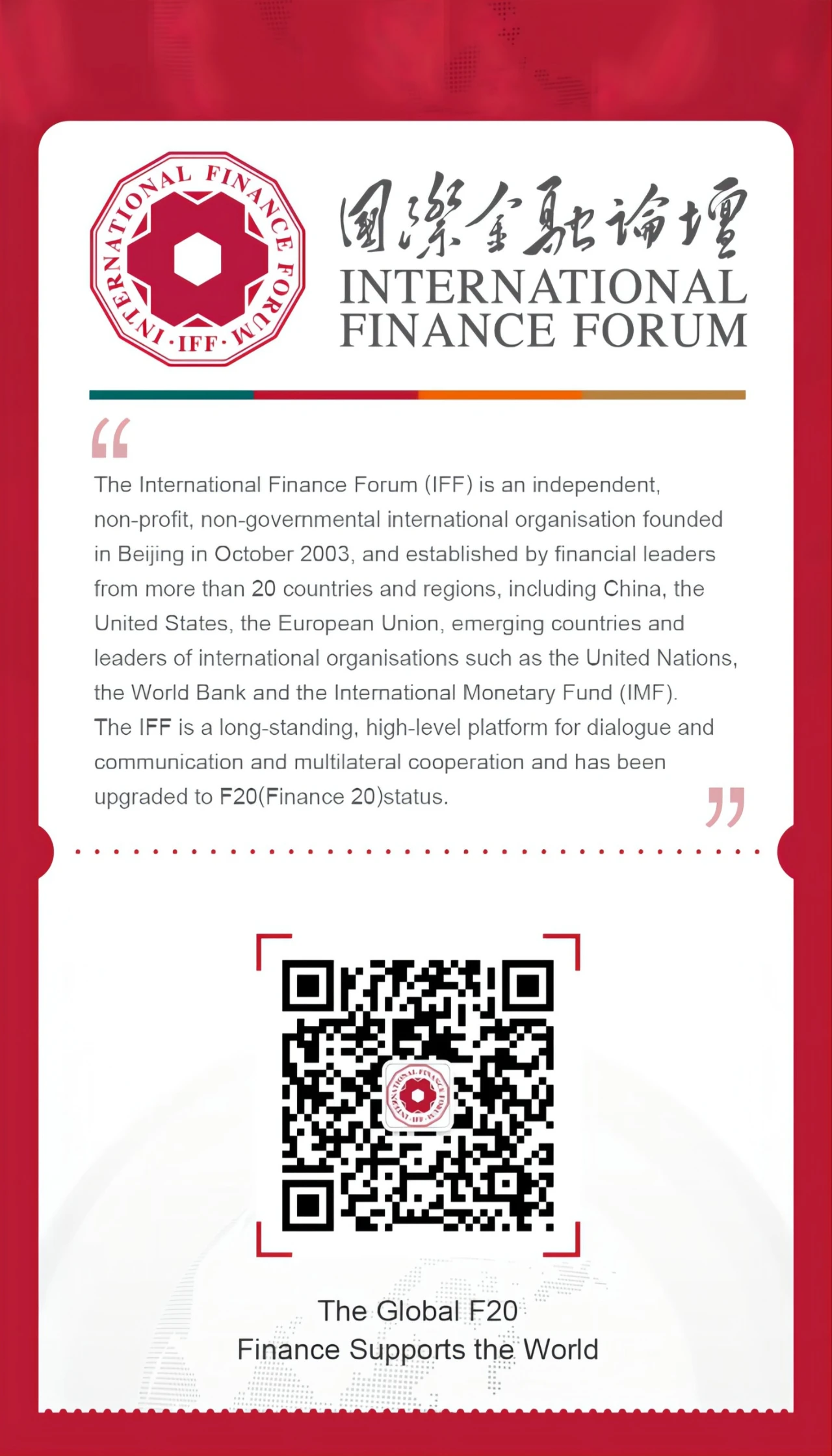HOME>NEWS CENTER>Newsletters
IFF Newsletter Issue 136
TIME:2024-08-16
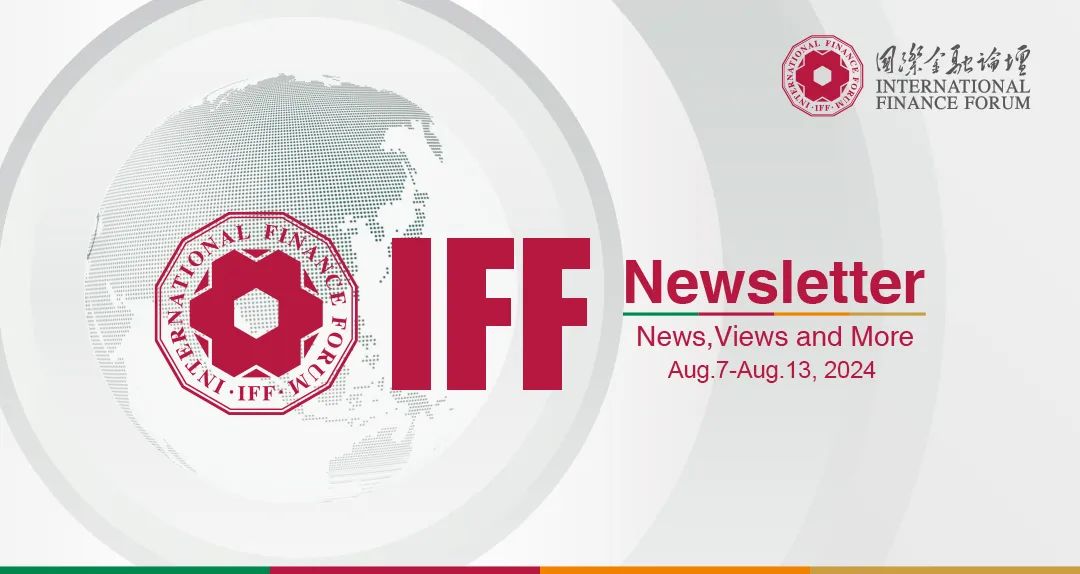
From the Editor
The gross domestic product of the Guangdong-Hong Kong-Macao Greater Bay Area will expand by more than 5 percent this year thanks to a gradual recovery of foreign trade and strong economic growth in Hong Kong and Macao, a report by Guangzhou University and Social Sciences Academic Press China predicted.
The European Union’s proposed reform of its foreign direct investment screening regulation is mainly directed at China and the United States andis driven by concern about how the two nations will impact domestic EU industries such as semiconductors and new energy, according to a Chinese specialist.
Xinhua News Agency Interviews Lin Jianhai, Executive Vice President of the IFF
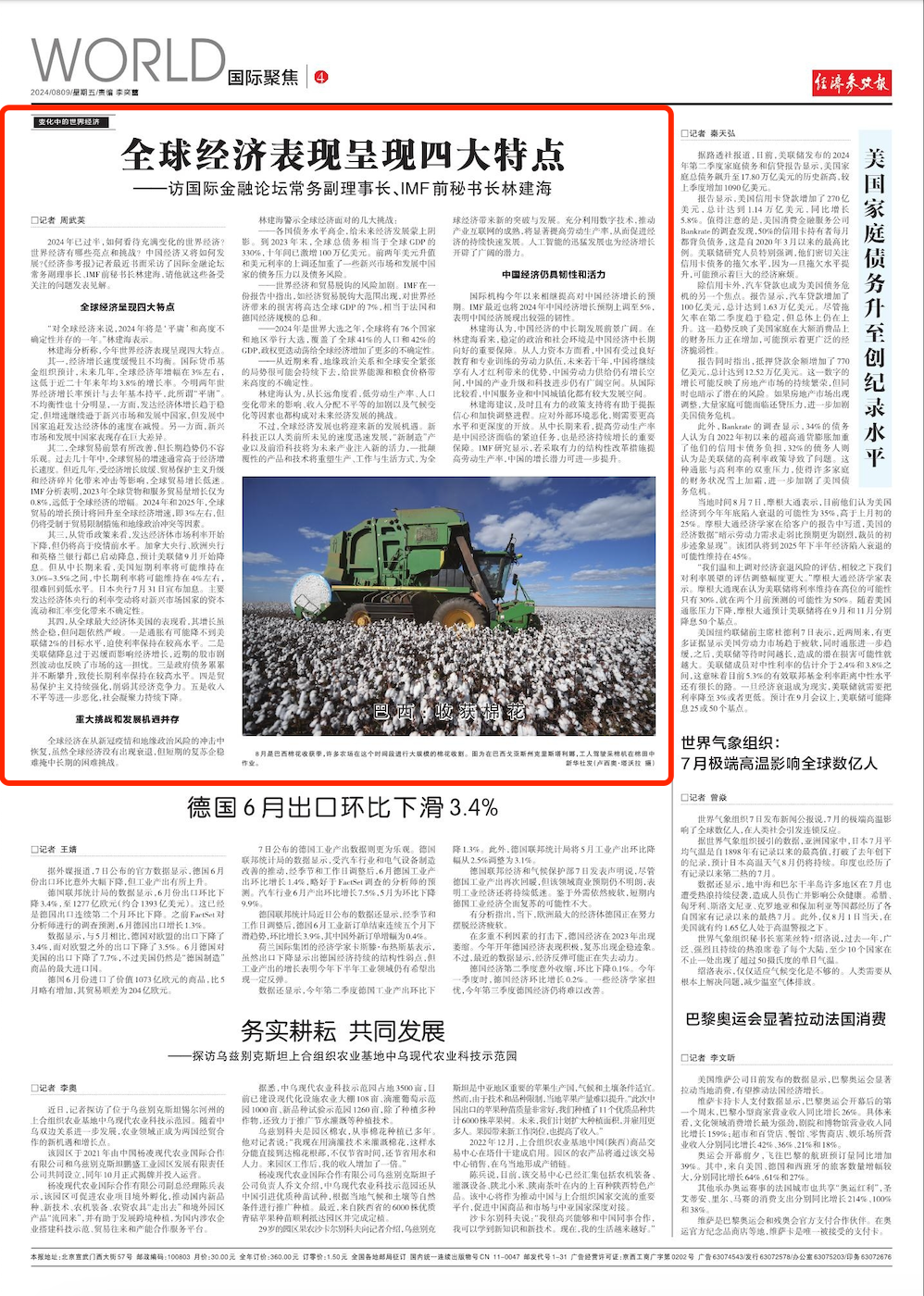
IFF Members William Rhodes and John Lipsky authored an op-ed for Project Syndicate

IFF Institute Contributing Fellow Haiyan Li Publishes Research Article on Carbon Neutrality
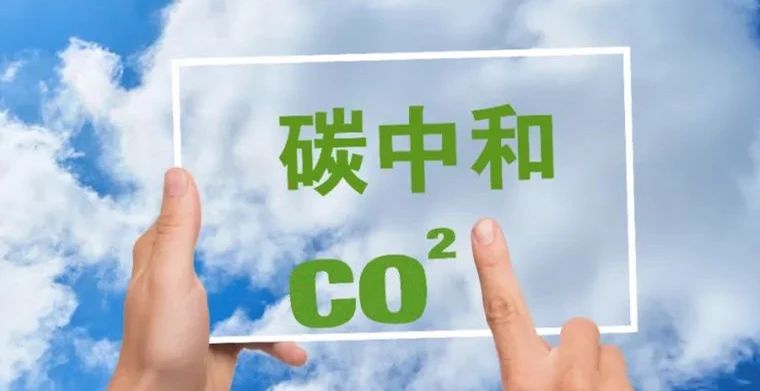
The Top-level Design Document for A Comprehensive Green Transition is Out
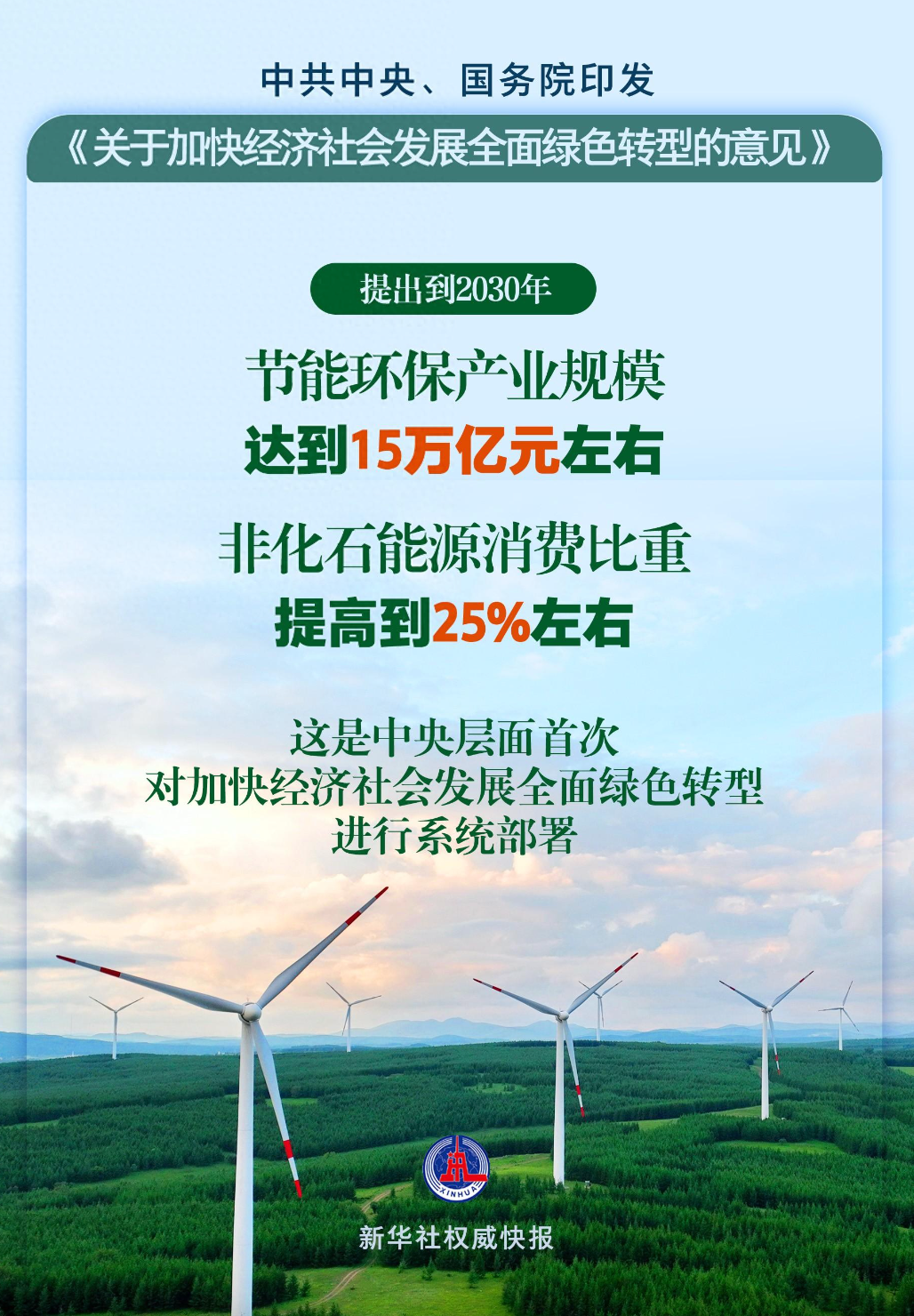
China's Greater Bay Area Economy to Grow Over 5% This Year, Report Says
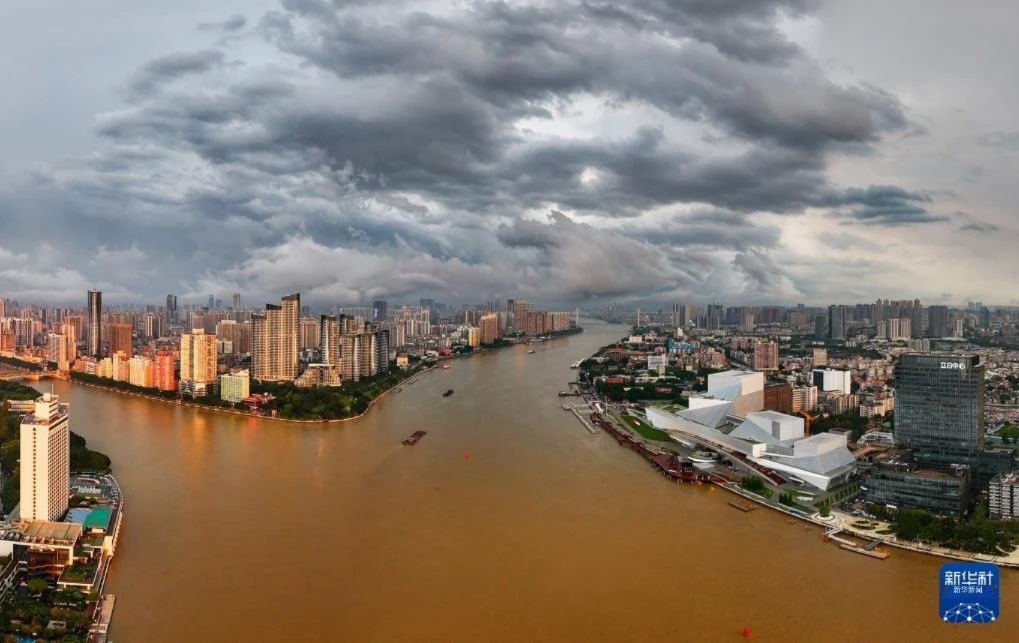
China's Plastics Exports Soar 7.2% in First Seven Months as Producers Target Emerging Markets
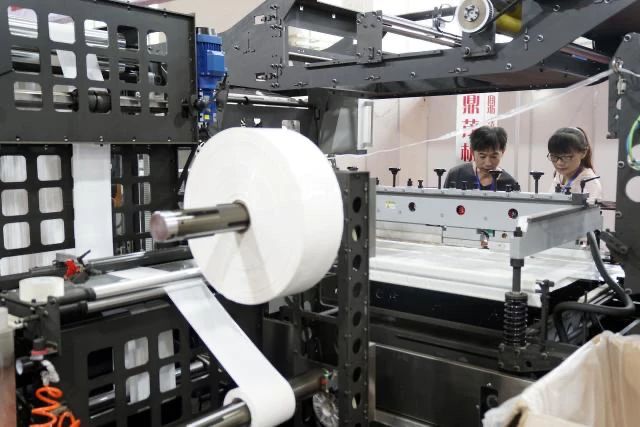
PBOC Adds USD14 Billion of Refinancing to Help Farmers, Small Firms in Need of Disaster Relief
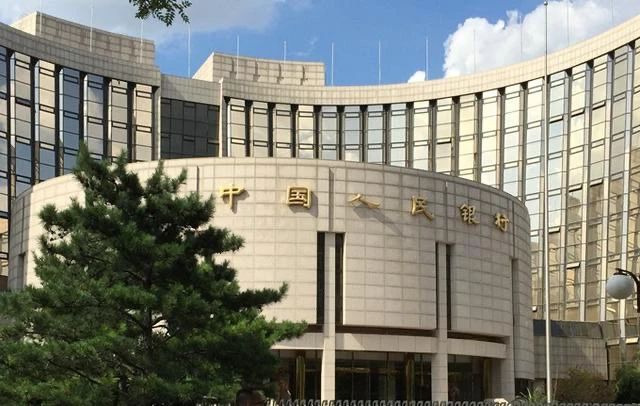
China’s Affordable Housing Real Estate Investment Trusts Outperform Other REITs Amid Policy Support
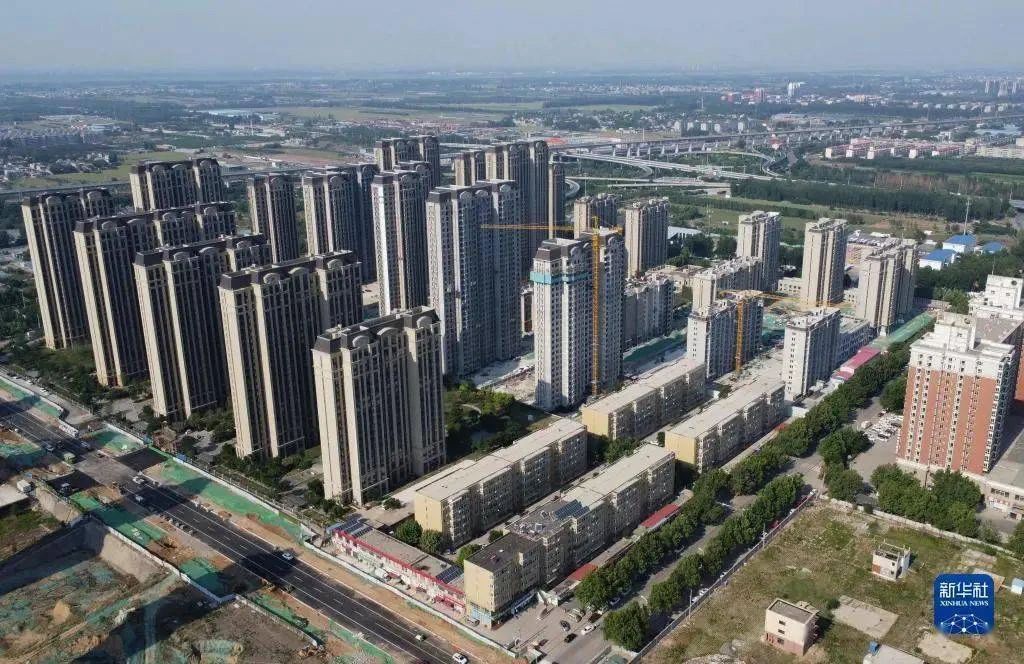
Newsletter
International News

Investor Confidence in the Eurozone and German Economies Collapses

Ukraine Estimates the Budget Deficit Will be Close to A Quarter of GDP This Year

Ukraine's finance minister has called on Western allies to speed up the disbursement of a $50 billion loan, claiming that delays in weapons deliveries have exacerbated the country's budget deficit, leading to a situation where Kiev has had to find ways to raise money to pay for the military.
The slow disbursement of Western military aid has contributed in part to the $12 billion increase in military spending. He called on Western allies to expedite the disbursement of loans.
EU’s FDI Screening Plan Targets China, US, Academic Says
